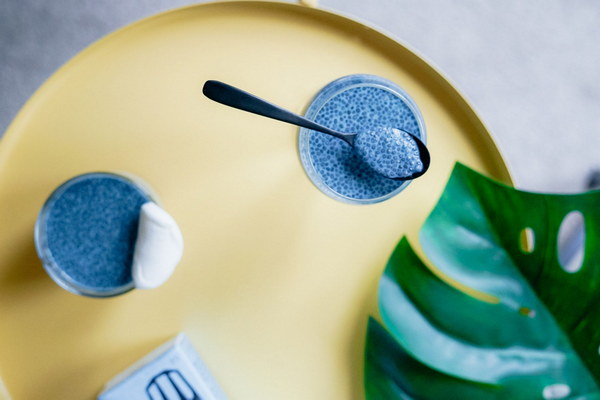Nurturing Iron-Deficiency Anemia A Holistic Approach to Body Rejuvenation
Iron-deficiency anemia, a prevalent condition affecting millions worldwide, can be both physically and emotionally taxing. Nurturing a body affected by this condition requires a holistic approach, addressing not only the symptoms but also the root causes. This article delves into the essential strategies to rejuvenate your body and combat iron-deficiency anemia effectively.
Introduction
Iron-deficiency anemia occurs when the body lacks sufficient healthy red blood cells to carry adequate oxygen to tissues. This deficiency can result from various factors, including poor diet, menstrual blood loss, and gastrointestinal issues. While conventional treatments often focus on iron supplementation, a comprehensive approach to body rejuvenation involves lifestyle adjustments, dietary changes, and stress management. Let's explore these strategies to help you overcome iron-deficiency anemia.
1. Optimize Your Diet
A balanced diet rich in iron and vitamin C can significantly improve iron absorption and combat anemia. Incorporate the following foods into your meals:
- Iron-rich foods: Lean red meat, poultry, fish, legumes, and iron-fortified cereals.
- Vitamin C-rich foods: Citrus fruits, berries, bell peppers, and leafy greens.
- Calcium and vitamin D: Dairy products, fatty fish, and fortified foods, as these nutrients aid iron absorption.
- Folate and vitamin B12: Leafy greens, legumes, whole grains, and fortified cereals, as these vitamins are crucial for red blood cell production.
2. Increase Iron Absorption
To maximize iron absorption, pair iron-rich foods with vitamin C. For instance, enjoy a glass of orange juice with a spinach salad or add lemon slices to your iron-rich dishes.
Additionally, avoid consuming excessive amounts of caffeine and alcohol, as they can interfere with iron absorption. Furthermore, limit the consumption of calcium-rich foods during meals, especially when consuming iron-rich foods, as calcium can inhibit absorption.
3. Address Underlying Causes

Identify and address any underlying causes of iron-deficiency anemia, such as menstrual blood loss, gastrointestinal issues, or dietary deficiencies. Consult with your healthcare provider to explore appropriate treatments and preventive measures.
4. Practice Stress Management
Stress can exacerbate anemia symptoms and impact overall health. Incorporate stress-reduction techniques into your daily routine, such as:
- Mindfulness meditation
- Yoga
- Deep breathing exercises
- Regular physical activity
- Sufficient sleep
5. Monitor Your Progress
Regularly track your symptoms and progress to ensure that your treatment plan is effective. Consult with your healthcare provider to adjust your treatment as needed.
Conclusion
Overcoming iron-deficiency anemia requires a comprehensive approach that includes diet, lifestyle adjustments, and stress management. By incorporating these strategies into your daily routine, you can nurture your body and improve your quality of life. Remember to consult with your healthcare provider to tailor a treatment plan that suits your specific needs. With dedication and commitment, you can successfully combat iron-deficiency anemia and enjoy a healthier, more vibrant life.









